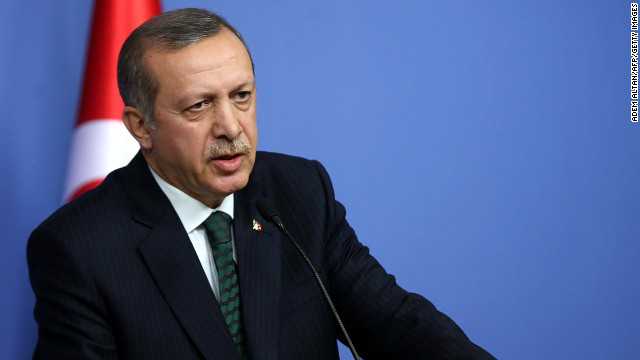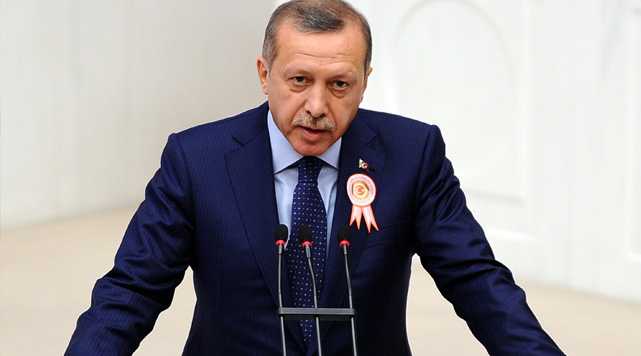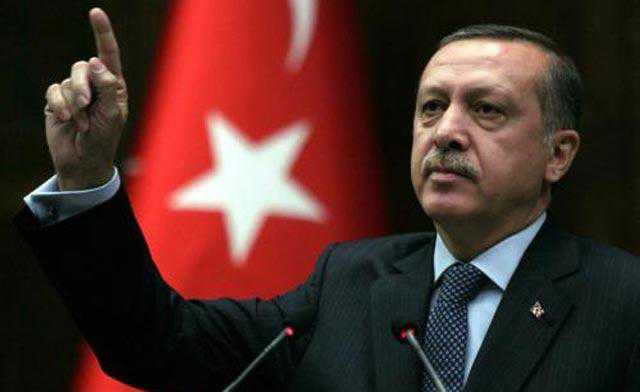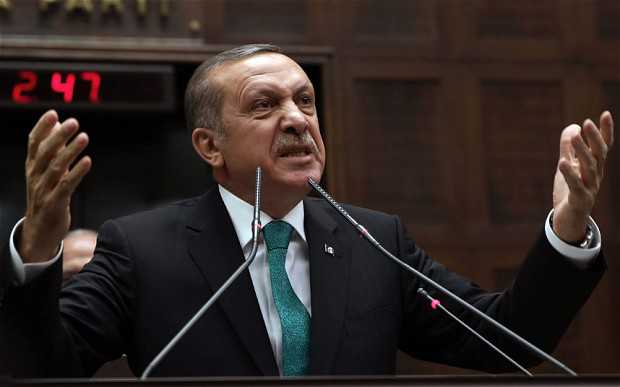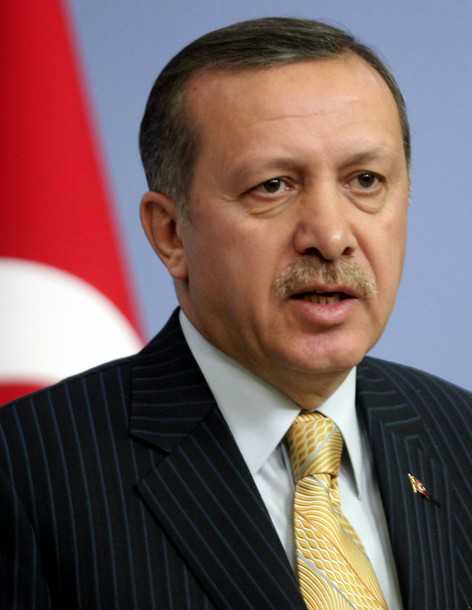By MARC CHAMPION And AYLA ALBAYRAK
ISTANBUL—Turkish Prime Minister Recep Tayyip Erdogan on Friday attacked Kurdish political leaders in Turkey as “an extension” of terrorists and promised retaliation a day after Kurdish terrorists killed 13 Turkish soldiers.
Mr. Erdogan’s tough response appeared likely to further escalate tensions between the government and leaders of the country’s large Kurdish minority. Tensions have been building since a dispute over representation in parliament began after June 12 elections.
Kurdish leaders had warned the standoff could lead to renewed violence if it wasn’t resolved, reviving images of a brutal war that has claimed tens of thousands of lives since 1984. Economists see the possibility of a major terrorist campaign as a potent threat to Turkey’s booming economy, though they also say it remains unlikely.
The government attributed Thursday’s attacks to the Kurdish Workers Party, or PKK. The PKK didn’t claim responsibility.
Promising that Turkey’s military would respond to the attacks, Mr. Erdogan also lashed out at a Kurdish political assembly’s announcement that Turkey’s Kurds were declaring “democratic autonomy.”
“We have shown a lot of goodwill to their (the PKK’s) political extension,” Mr. Erdogan told reporters as he left Friday prayers. “But the proposals they always put forth are ones that are not seen anywhere in the world and are inconsistent.”
Turkey’s government, he said “will never sit down (to discuss) their dishonest proposals. If they want and ask for peace there is only one thing they can do, and that is for the terrorist organization to put down their arms. As long as they do not disarm, operations will not end and this process will be carried to a different direction.”
A statement by the general staff of Turkey’s armed forces Thursday had said 13 soldiers were killed and another seven wounded in a midafternoon ambush in southeastern Turkey near Diyarbakir.
Meanwhile, on Thursday afternoon, a Kurdish assembly of some 850 political, religious and civil-society leaders had issued a statement saying they were pushing forward with proposals for what they describe as “democratic autonomy.” Kurdish leaders said the statement had unanimous support within the assembly, the Democratic Society Congress, and had been worked out over days of discussion.
“As the Kurdish nation we are declaring democratic autonomy in the light of international human-rights documents… staying bound to the national unity of the peoples of Turkey,” said Aysel Tugluk, co-chair of the Congress and an elected deputy for the mainly Kurdish Peace and Democracy Party, or BDP, in a statement carried by the Kurdish Firat news agency. She called on the international community to recognize this democratic autonomy.
Kurdish officials remained vague on the details of what exactly their democratic autonomy means, but in her statement, Ms. Tugluk repeatedly stressed that it did not involve changing borders or breaking up the Turkish state.
Kurdish leaders have long made it clear they want to push for more political rights when Turkey drafts a new constitution, as Mr. Erdogan promised to do after the June 12 elections. But any talk of autonomy is explosive in Turkey, where such demands are seen as a first step toward secession.
Tensions between Kurdish leaders and the government have been growing in recent months, first as a result of a bruising election campaign and more recently when the BDP boycotted Parliament after several of its winning candidates were effectively barred from entering Parliament.
The BDP expanded its share of Parliamentary seats to 36 from 22 in the June poll, which Mr. Erdogan’s Justice and Development Party, or AKP, won with 49.8% of the vote. However, since then, one BDP candidate was disqualified by Turkey’s High Election Board on grounds of a prior conviction on terrorism-related charges. His seat was transferred to the ruling AKP.
In addition, courts have refused bail to five BDP candidates who ran for election while awaiting trial.
Negotiations between the two political parties aimed at resolving the dispute have so far produced no results, and Mr. Erdogan has taken an uncompromising line in public.
“This is the result of the prime minister’s actions in this BDP boycott process,” BDP legislator-elect Altan Tan said in a phone interview Thursday, referring to the declaration.
The BDP said it does not coordinate directly with the PKK, which is listed as a terrorist organization by Turkey, the U.S. and the European Union.
via Turkey Prime Minister Vows Retaliation to Kurdish Terrorists – WSJ.com.
